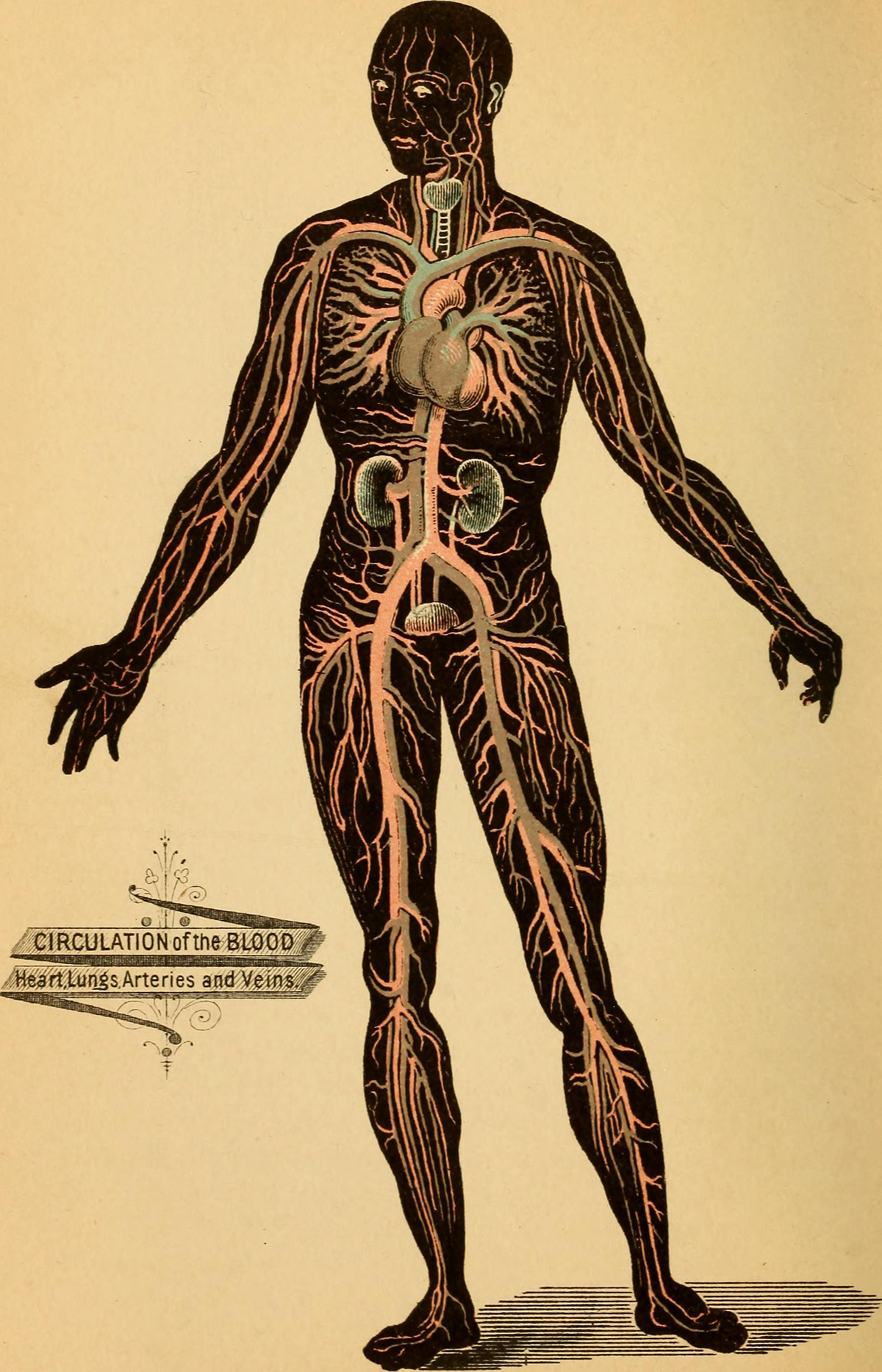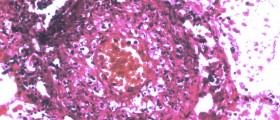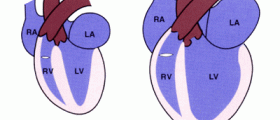
The circulatory system in our body consists of the heart, blood vessels and the blood. Since this is a very delicate system which needs to work perfectly in order for us to be healthy, many diseases and disorders may affect it negatively, leading to health deterioration. Bearing in mind that the circulatory system delivers oxygen and blood to all the organs and body tissues, each heartbeat inside our body needs to be perfect, delivering nutrients and other vital substances, distributing them to wherever they are necessary.
Complications of the Circulatory System
Basically, our blood consists of red and white blood cells, plasma and platelets. On the other hand, our blood vessels can be classified into arteries, veins, arterioles, venules and capillaries. All these constituents need to work in perfect harmony in order for the circulatory system to be healthy itself.
Complications and abnormalities may result in many diseases and health problems, ranging in severity, possibly leading to death.
While some conditions affecting the circulatory system may be present at birth, others develop later.
Common Diseases of the Circulatory System
Once the wall on the largest artery of our body, the aorta, bulges, a condition named aortic aneurysm takes place. This phenomenon may develop from a tear in the aortic wall or a defect affecting this area. Either way, the anomaly may lead to bleeding or the development of some other diseases, including obesity, hypertension and atherosclerosis.
Next, when the blood vessels leading to the heart get obstructed, this leads to angina. Namely, angina is the name for chest pain felt due to lack of oxygen and blood in the heart. The pain may last for about 10 minutes.
Sometimes, the heart may have rhythmic problems, beating irregularly. This circulatory problem is named arrhythmia and may manifest through a heart beating too fast or too slow, developing due to birth defects or illnesses acquired later in life.
When the wall of large arteries hardens because of plaque or atheroma, the one is told to be suffering from atherosclerosis. This problematic plaque may consist of cholesterol, calcium or accumulated fats. What is more, such obstruction can lead to complications in blood circulation, possibly blocking it completely at times, leading to sudden bouts of sharp pain in the area.
Hypertension is yet another condition affecting the circulatory system in our body. Whenever our blood pressure goes over 140 mmHg for the systolic pressure and 90 mmHg for the diastolic pressure, hypertension is the diagnosis. The reasons behind this condition can vary from birth defects to unhealthy lifestyle factors such as diet, excessive alcohol consumption, smoking etc.
Smoking and obesity may trigger peripheral vascular disease too, affecting blood vessels which are not a part of the brain or the heart.
















Your thoughts on this
Loading...